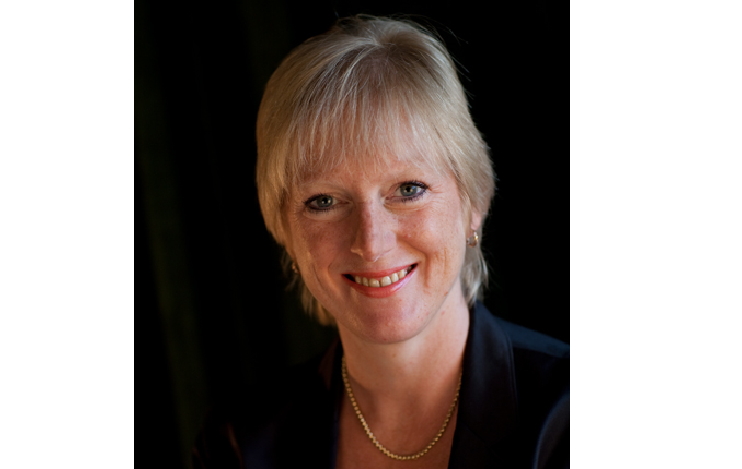HR in lockdown and beyond

Jo Howard, publishing recruitment specialist and executive coach, reflects on how the last few months have changed working practices, communications and recruitment across independent publishing
There have been great changes and challenges in publishing in 2020, but it has fared better than many other industries. Some publishers who rely on bricks and mortar bookshops were badly affected by their closure in the spring, but others have done well—like those providing educational and knowledge-based resources for home learners, or those selling through supermarkets. Publishers on top of their metadata and merchandising have worked very effectively with Amazon and other internet retailers. A lot of independents have used their inherent fleet footedness and their nose for new business to respond in very innovative ways to the challenges: while they don’t necessarily have large resources at their disposal, they have been brilliant at trying new things and quickly learning what works.
As with sales, use of the furlough scheme has varied. Some publishers saw it as a positive way to keep people paid, while others didn’t furlough anyone. There was talk of furloughing being a positive experience, but the realities were often different. It caused a lot of anxiety and affected the self-worth of people who feel a sense of purpose in their work. Now that the furlough scheme is winding down, some companies will be making redundancies, and taking decisions that they have been putting off. The pandemic and lockdown have accelerated the pace of change in this and other areas, like moving towards digital models or pivoting into other areas of publishing. It has shown up the strengths and weaknesses of companies quite sharply.
It has been very interesting to watch the evolution of working practices over the last few months. A lot of companies have found that people can work from home much more efficiently than they expected, and it has been positive for work-life balances in many cases. For some younger people who live on their own, or in flat shares, it has been much more challenging, and those who have missed the interaction of offices will be keen to return.
But there is no doubt that lockdown has introduced much more flexibility into the way we all work, and that will endure. It has been influencing recruitment for a while now, as many if not all candidates for positions look closely at employers’ working practices. Some companies have worked hard to facilitate flexibility, and while others have been resistant, their argument that remote working is not productive appears much weaker now.
Everybody is learning about home working as we go. The places it has worked best are where there is an open dialogue and healthy conversations about what works and what doesn’t. Managers need to be proactive and take the time to check in with staff and ask what they need to do their job well. Communications have become more thorough and careful in some cases, and working relationships have benefited. A nice side-effect is that it has helped colleagues to see one another in their natural habitats—we’ve had glimpses of people’s home lives, and that’s increased empathy and broken down some of the employer-employee barriers.
Recruitment and head-hunting have inevitably changed. Some hiring projects were frozen at the start of lockdown, but they are picking up again as companies assess where their growth potential lies. In the same way that businesses have been reviewing their strategies, so individuals are reflecting on their lives and careers: it has confirmed to some that they are in the right job, but prompted others to make a change. It is tempting to think this is a bad time to switch direction, but I would encourage people not to be put off, because there are always companies out there who need good people.
Employers are having to think very carefully about how to interview and onboard members of staff, but more and more of them are realizing that it is perfectly possible to do these jobs virtually. Here and elsewhere, publishing is thinking in new ways—and while it can be challenging, this is also a very exciting opportunity to create positive and long-lasting change.
Jo Howard is an executive search and recruitment consultant at Mosaic Search & Selection. You can email her here.